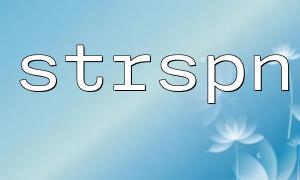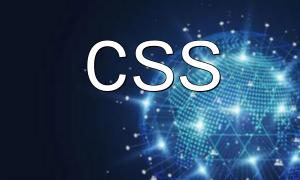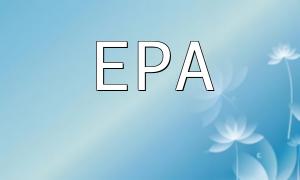With the increasing diversity of website development needs, choosing the right server environment is crucial. Although IIS 6.0 is an older platform, its stability is still valued by many enterprises. This article explores how IIS 6.0 supports PHP, helping developers deploy PHP applications smoothly in this environment.
IIS 6.0, included with Windows Server 2003, offers good extensibility and stability, suitable for small to medium businesses and legacy systems. Despite its age, it can still meet basic web hosting requirements effectively.
Because IIS 6.0 was not originally designed with PHP in mind, compatibility issues may arise when running PHP applications. Developers should carefully verify system settings and configurations before installation to ensure PHP runs properly.
To deploy PHP on IIS 6.0, follow these steps:
First, download the PHP version compatible with IIS 6.0 from the official PHP website.
Next, open IIS Manager and add the appropriate handler mapping for PHP files to ensure proper processing.
Finally, install any necessary PHP extensions such as PDO for database connectivity.
Here is a simple PHP test example:
<span class="fun">echo "Hello, IIS 6.0!";</span>
While IIS 6.0 supports PHP, there are concerns regarding performance and security. It is advisable to keep PHP updated to patch vulnerabilities. Additionally, configuring IIS permissions properly and enabling firewall protection can enhance overall security.
To run PHP projects more effectively on IIS 6.0, consider the following:
Regularly back up website data to prevent loss due to unexpected issues.
Use URL rewriting techniques to optimize URLs and improve SEO friendliness.
Monitor server performance regularly to identify and resolve bottlenecks promptly.
Although IIS 6.0 was not specifically designed for PHP, with correct installation and optimization it can provide a stable environment for PHP development. Understanding configuration and security measures will improve site efficiency and protection.









